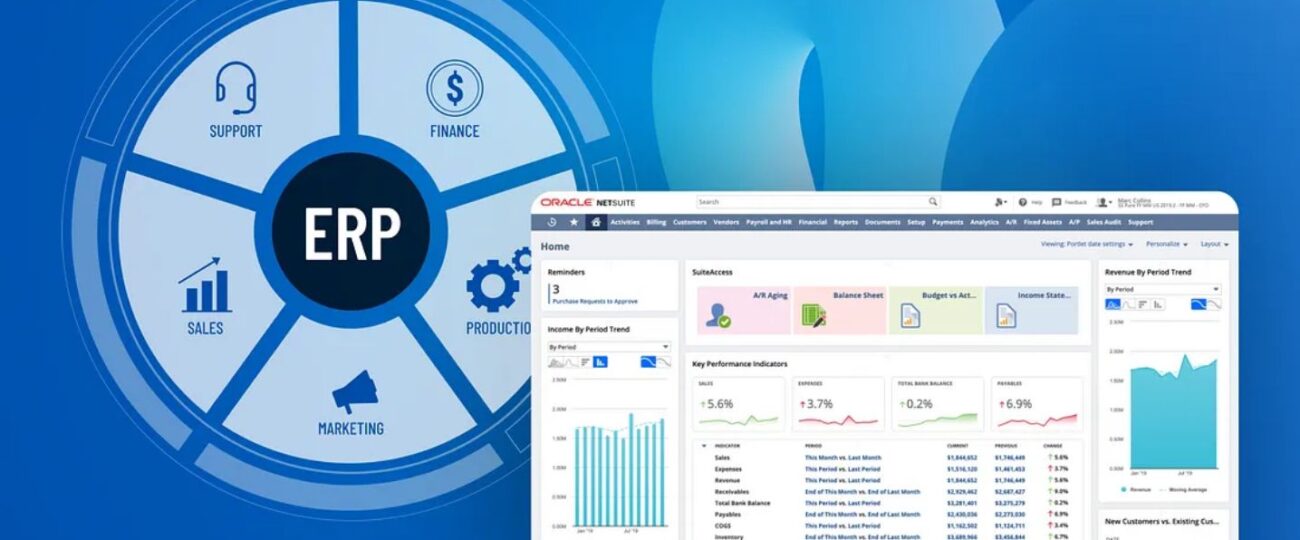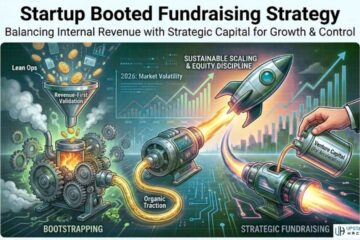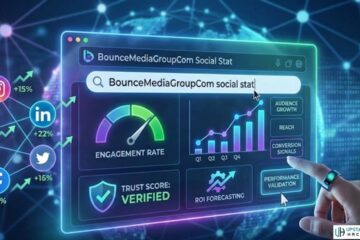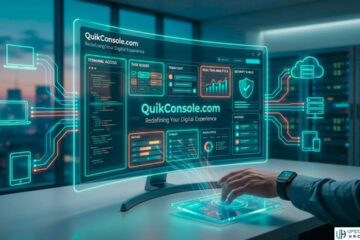Companies implement ERP systems to achieve a variety of goals, including increasing revenue and improving productivity. Modernizing legacy systems allows companies to better respond to customer demands and improve customer service.
Let’s look at the key features that a good modern ERP system has to solve the most important business challenges.
- Standard database. A common database that centralizes data from multiple departments eliminates the need to manually integrate multiple databases. This makes the company more integrated and transparent in its operations.
- Integration with third-party systems. For example, Odoo ERP can connect to other services via API to transfer data between them and increase productivity. You do not need to have specialists on staff. You can hire Odoo developers on demand for this very task, on a temporary contract.
- Another feature of ERP software is the ability to automate repetitive operations such as invoicing, accounting, and order processing. This reduces manual work, saves time and reduces human error.
- Data on daily operations can be shared across many departments and divisions when each part of your business operates within a single ERP software system. It also provides real-time feedback for better decision-making.
- Financial risk management modules help companies manage assets, control costs and produce accurate financial statements. The financial module provides quick access to all the financial data needed to manage and monitor the business.
- HR professionals can manage their workforce more effectively by leveraging ERP capabilities. For example, payroll, KPIs, payment processing and deductions, and more.
- Order management automation helps manufacturers, logisticians, and sales managers effectively manage the flow of goods and services.
All ERP users, regardless of position or department, use the same interface. This also makes it easier for employees to move between departments and increases the speed of program implementation.
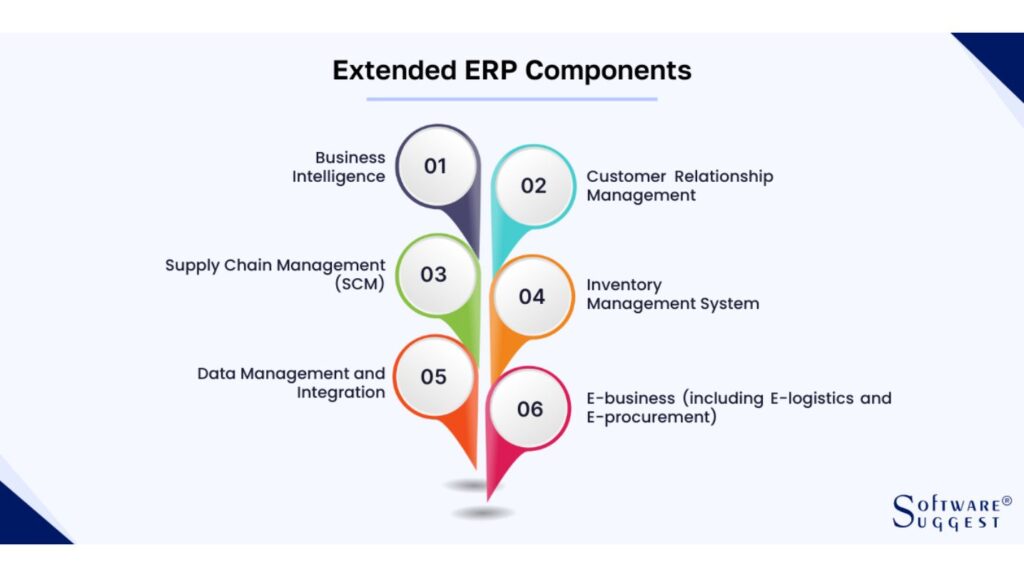
How Do You Know Your Company Needs an ERP System?
As a business grows, the amount of data it generates and the number of data sources it needs to monitor increases. Storing all this information in multiple systems becomes costly, time-consuming, and error-prone.
Here are some clear signs that using such software will benefit your business.
- You have a lot of unanswered questions in your business. Implementing specialized software allows you to effectively monitor the activities of different departments and individuals in the company.
- Wasting time managing routine processes. Daily tasks such as accounting can take up more time than you would like. By implementing an ERP system, communication between departments is facilitated so that work can be done more efficiently.
- Loss of innovation potential. It’s a red flag for your business if you’re missing out on new opportunities. Predictive analytics and automation are two advanced technologies that become available to businesses when an ERP system is deployed in an organization.
See Also: How ERP Software Can Catapult Your Company To New Heights

